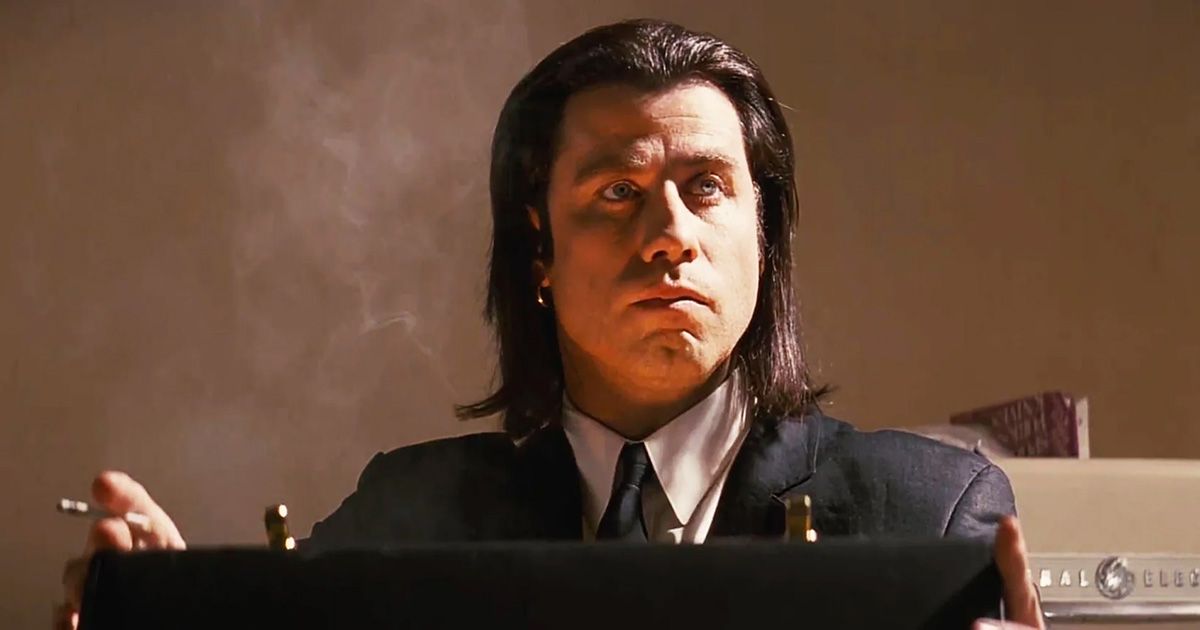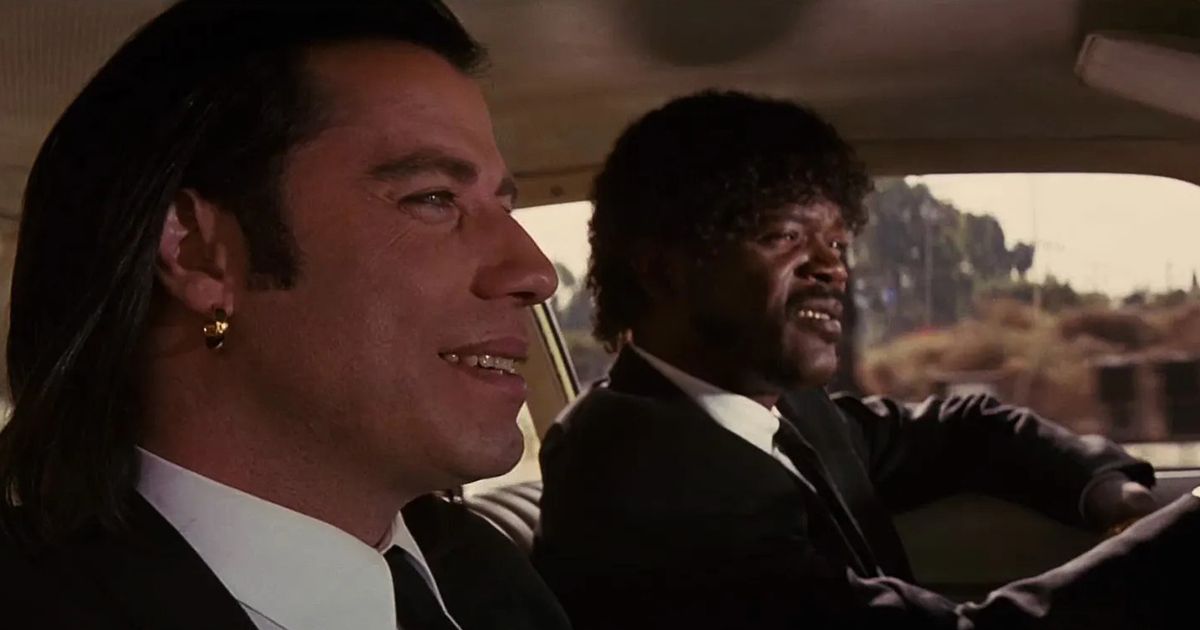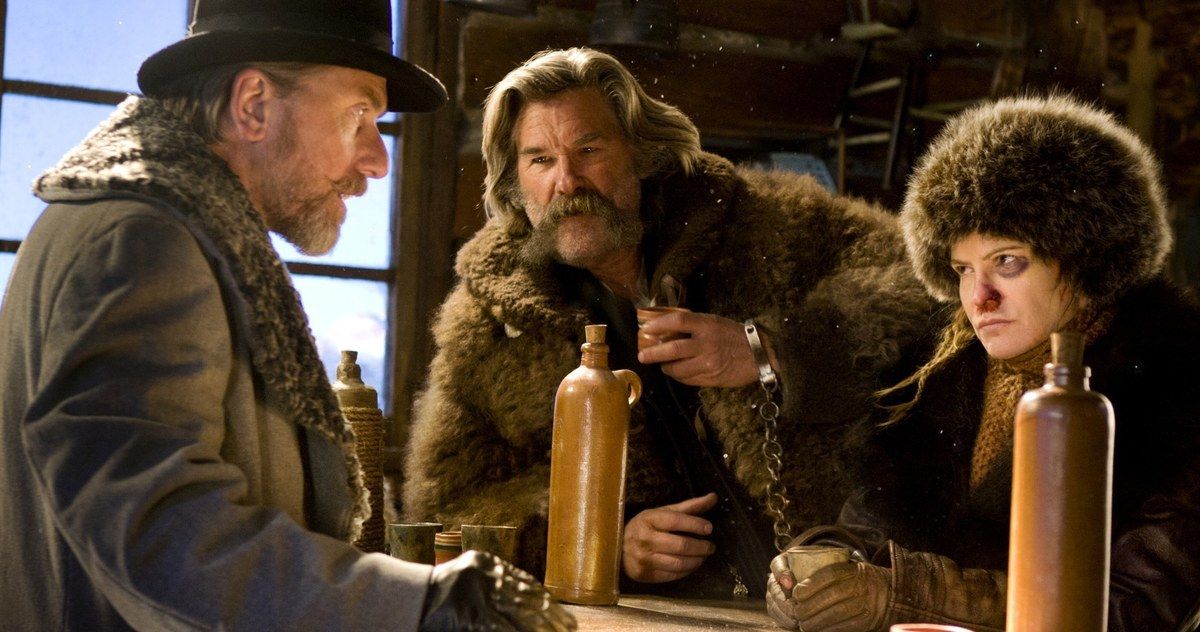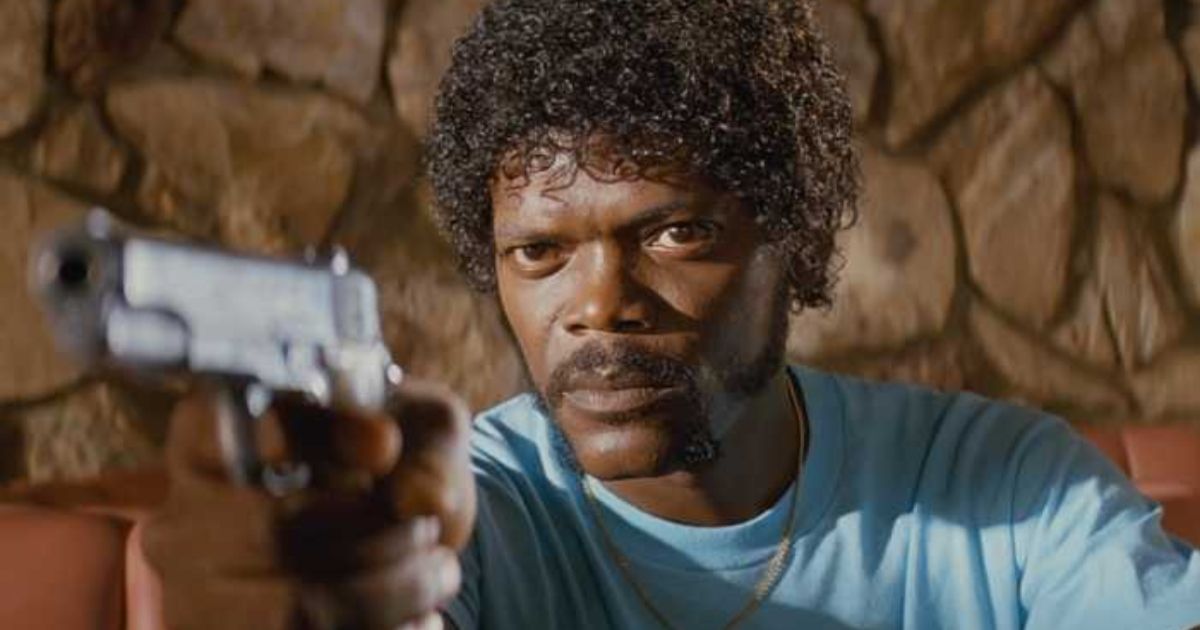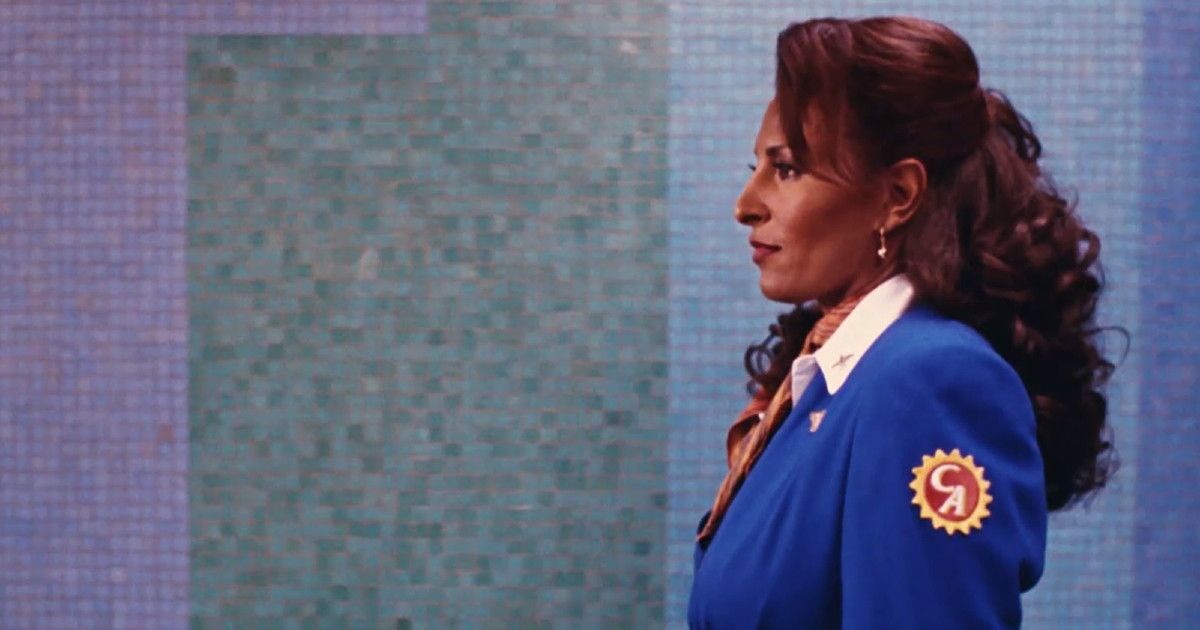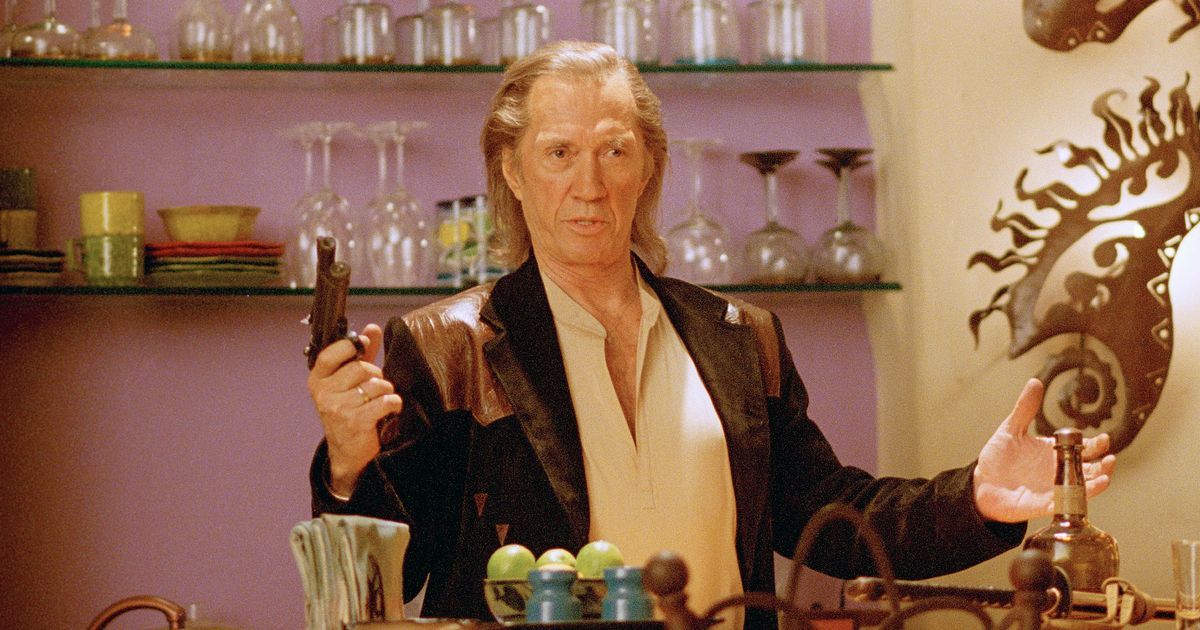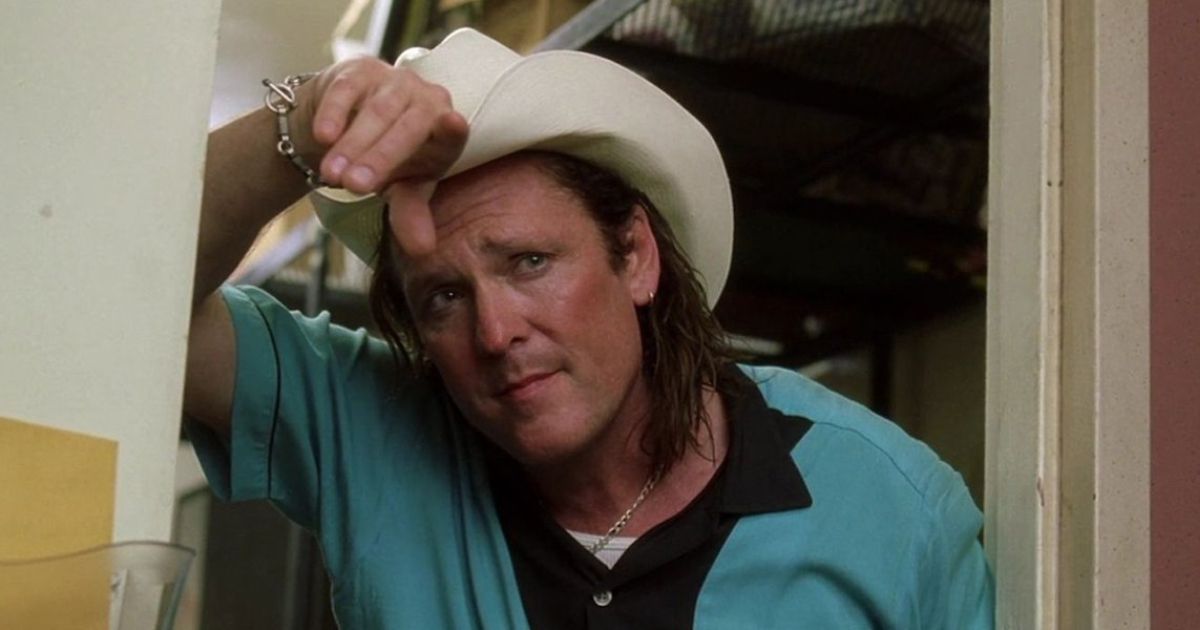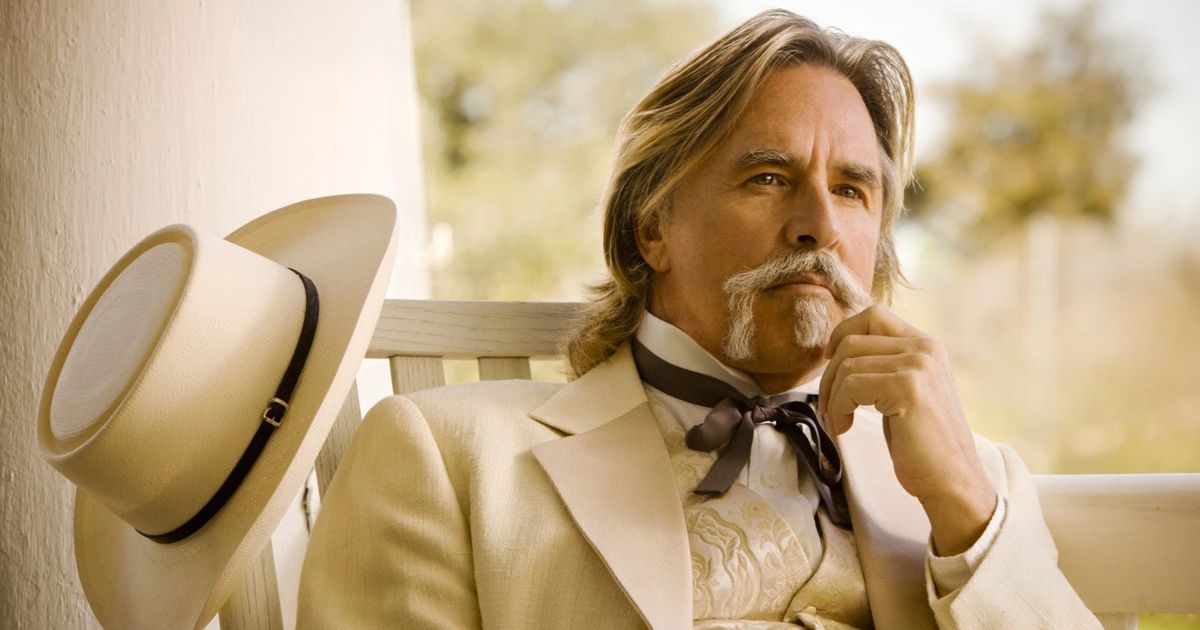Everyone may accuse Quentin Tarantino of different things, but he's a particular filmmaker with a capacity for writing scripts like nobody else. People try to imitate him and debacle ensues. Tarantino only snickers in response at the industry trying to imitate something as specific and ostentatious as his career. You can almost hear a wail in the collective crowd every time he toys with the idea of early retirement.
One thing you can be sure of when watching a Tarantino film, is that characters won't be like any others you have seen. This doesn't happen even when you're stuck in the Tarantino-verse. Each of his films are undoubtedly original and pursue a unique effect. His visual identity and cinematic language are so vast you can easily identify a Tarantino product, and it won't remind you of some of his previous films.
This is how he's brought back people from the grave. He resuscitated some that were barely showing signs of life, and some of them he's been able to keep sustained by a filmmaking style that will never be repeated. Travolta was one of the first, of course. Everyone remembers that one. But there are more.
These are the careers that Tarantino saved, brought back to life, and even paid homage to by giving them some space in bizarre scripts that still have the ability to subvert Hollywood.
John Travolta - Pulp Fiction
It couldn't begin any other way. Pulp Fiction helped John Travolta be big again in Hollywood. It was a perfect representation in the crime film that garnered him an Academy Award nomination for his role as Vincent Vega, and allowed him to be seen by the industry as a worthy actor that could do more than dance and smile.
What's curious is that he wasn't Tarantino's first choice. It was Michael Madsen (who was previously immortalized in Tarantino's Reservoir Dogs, but he was busy making another film. A few conversations and rate reductions after and Travolta added a very interesting layer to Tarantino's first big hit.
Kurt Russell - Death Proof, The Hateful Eight
Kurt Russell's career wasn't exactly dead when Tarantino cast him in Death Proof. According to Tarantino, Russell was just stuck making the wrong movies. And after a few rejections by big Hollywood stars, Tarantino chose Russell just because he wanted modern audiences to feel what he felt decades before in films like Escape from New York and The Thing.
Stuntman Mike was a great execution by the actor who was unexpectedly returning to genre films. A few films later and Tarantino would make return for The Hateful Eight, solidifying Russell's career as a veteran actor who's able to add versatility to films with natural performances. Gratitude is a big word, but we can be certain Russell feels some of it for Tarantino's well-structured characters.
Samuel L. Jackson - Pulp Fiction, Jackie Brown
Samuel L. Jackson's career was also far from dead before he was cast in Pulp Fiction. It was just an unfortunate collection of decisions. The actor had messed with drugs, had been in rehab, and appeared in extremely secondary roles that didn't allow him to show the dramatic depth he was capable of when performing.
Tarantino wrote the character of Jules for him, and personally asked gun to star in the film. A Best Supporting Actor nomination followed and Samuel L. Jackson's career was instantly reborn. Three years later, he would be a big name in the poster for another Tarantino film, Jackie Brown.
Pam Grier - Jackie Brown
The early part of Pam Grier's career, and the most successful, is full of blaxpoitation films. When Tarantino was writing the script for Jackie Brown, it seems he wanted to pursue that style without exactly making a homage to it. He knew Grier when she had auditioned for Pulp Fiction, and he knew she would be the right choice.
Grier's career didn't exactly grow, but Jackie Brown gave her the exposure as a dramatic actress that was capable of doing more than people thought of. She's one of Tarantino's best written characters.
David Carradine - Kill Bill Vol.1 and 2
Okm perhaps it seems like a trick. Bill doesn't exactly have many scenes in Kill Bill, but it's the character's importance that makes the lead's motivation an impeccable piece of fuel until the end in this vendetta journey. Right until David Carradine shows up and Tarantino reveals who that voice belongs to, we hadn't put a face to such a heavyset presence in a film about antagonism.
Carradine was a straight-to-video star after his years on the TV series Kung Fu (one of many inspirations Tarantino took for Kill Bill), and he never stopped, but after Kill Bill it put him in the map for being a great representation of a villain that doesn't exactly need to appear on camera to be important. You just need a great script. He didn't star in big films again, but a Golden Globe nomination was enough for the industry to remember him.
Michael Madsen - Reservoir Dogs, Kill Bill Vol. 1 and 2
Up until that dancing scene in Reservoir Dogs, not many people knew who Michael Madsen was. Secondary roles were his thing, and he rested comfortably on a porch of one-liners and a cool frown that made him an All-American antihero. But Tarantino's debut allowed him to start being recognized by many at least. Then in Kill Bill (specially in the trailer), he showed he was back and made everyone excited to see him as a potential enemy in Beatrix Kiddo's rampage.
Don Johnson - Django Unchained
Not many people remembered Don Johnson as something other than the cool detective from Miami Vice. But then Tarantino cast him in a small role in Django Unchained. With a great mustache, slick hair, and a Kentucky fried personality, Johnson's persona was an insanely evil yet caricatured representation of a tyrant in the middle of Django's journey to freedom.
After that film, Johnson's career grew a bit, and more mainstream filmmakers decided to include the '80s icon in films where he could exploit that devilish nature he so well performed in Tarantino's revisionist western.

